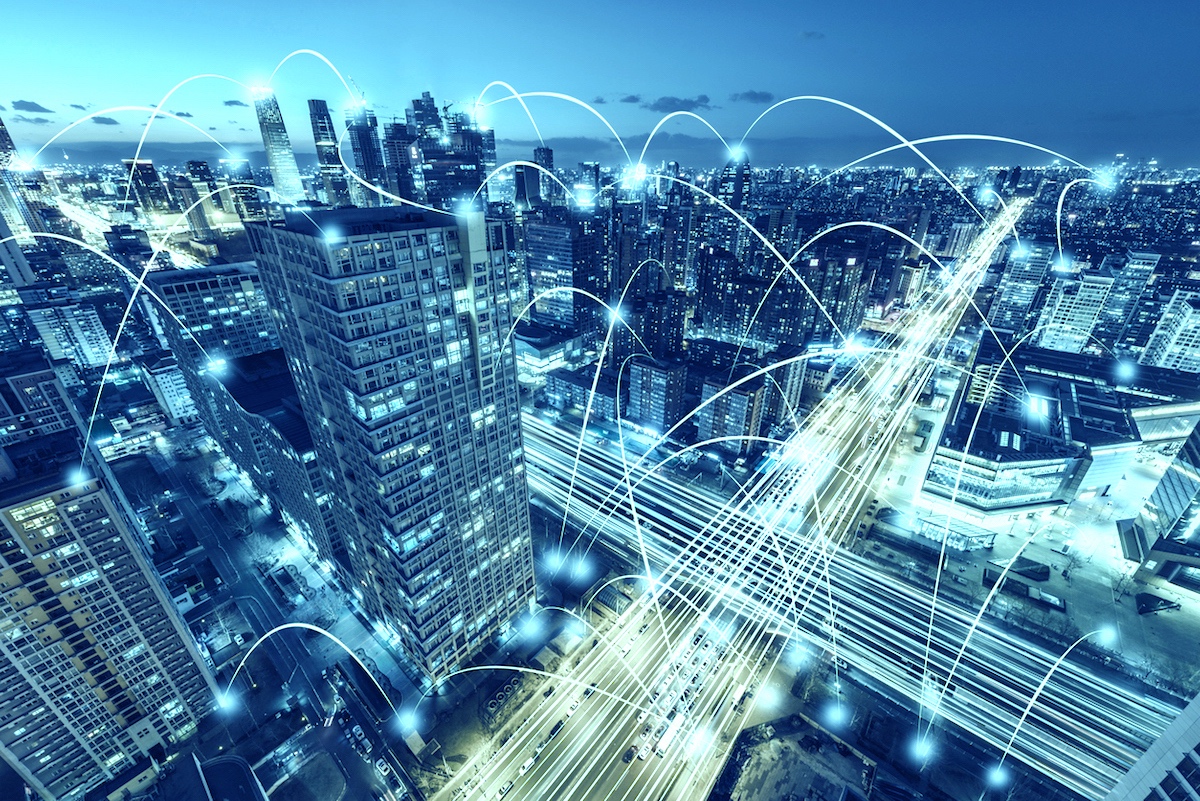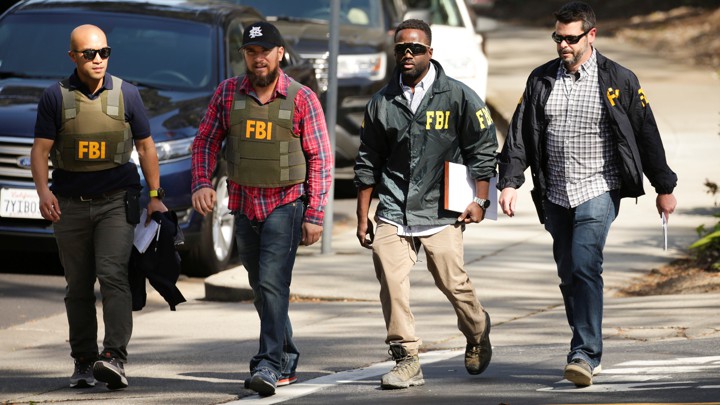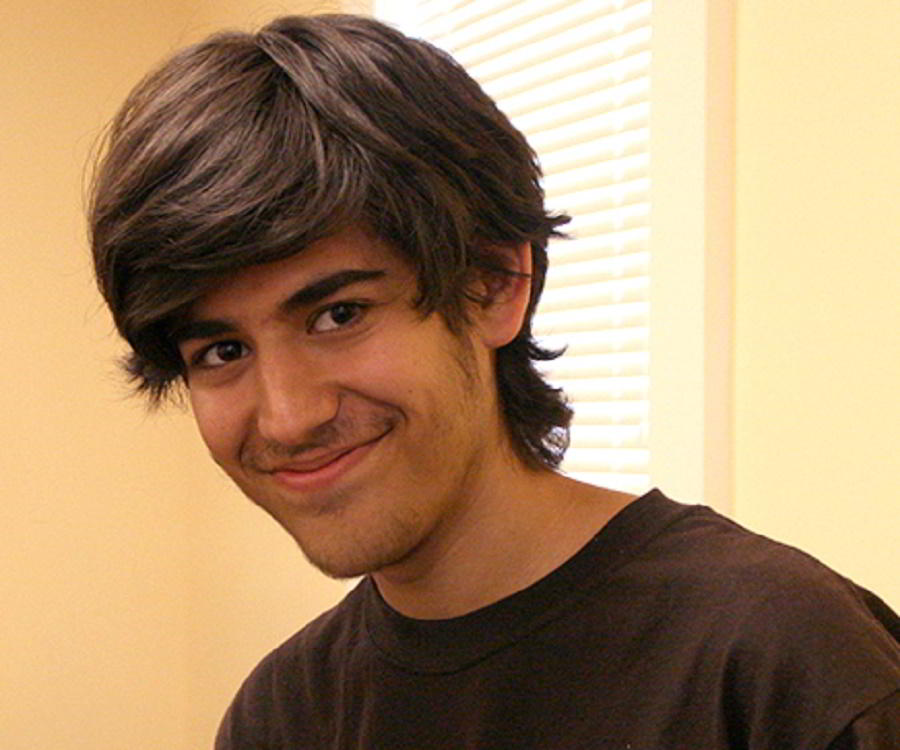We have now ended the course, essentially. We have seen a lot of things in the course about the future of smart cities. I have learned a lot of things, and some of them have stayed with me for a long time since the start of this course.
Smart cities are the future of us all, without a doubt, because, every day, the society works for making a bigger connection with the technology, because it clearly makes lives easier, and most of us are accustomed to be like that, every day. But there are many things we have to consider in a big technological city, and many of those things have to do with modern times, or things that are starting to rise in present times: attacks, security, merchandise, loss of identity, many things that should worry us in several ways. I will talk about the topics that I remember the most, which are the one that hit me the most.

First, security is one of the most delicate things. Every day, new attacks and breach come to view of the international scene; not only speaking about the computer science community, but all people, because all people can be in danger. And speaking of that, with smart cities, people become more and more vulnerable with practically every move we make. Let us remember that the purpose of smart cities is to live connected with everyone and everything. It also means that there is to be a lot of more presence of people in the common life. And that also means that information will be more vulnerable, doesn’t it?
Information is going on a trip every day, it goes on millions of transformation processes so that we are able to get what we want of what we need. Nowadays, there are a lot of security breaches that try to catch the information on its way to its destination. In a smart city, the amount of information that travels will be a lot bigger, and the reason is obvious: all people is connected to all things, and every service, every consumption, every single step given is information sent between several platforms. What happens? Well, more information is sent to the cyberspace, and more often. Also, people will have less control on which things they share, and, obviously, what things are shared from them.

What happens with people sharing things they don’t even know they share? Easy, they lose control over their personalities and their identities over the web. With a lot of information at the disposition of many people, those people can take that information and, in the worst case, steal it, study it, find data about the person and try to harm that person in some way. Also, the robbers (we’ll call them like that) can also try to blackmail the person, kidnap, or maybe things that are not so harmful, like selling things, showing merchandise, or offering several things at the right moment. But that can also be a way to force new thoughts in that person.
The robbers now know that person better than him or her. That person is himself or herself, but there the information is dominated by others, and they have an “advanced” version of that person, a version more of that person, created by the analysis of information, predictive algorithms and AI… scary, isn’t it? This is more real than we think, even today. Social networks analyze information to offer things, to show new friends, to recommend places. In a smart city’s context, people can make this in a bigger way, and with a bigger scope, since more information will be “available” to steal. Nobody will be safe if no preventive measures are taken.

Everything will happen behind the walls, as it is today. And in this same vein, another thing I think about a lot is the objective of the information, where will it end, who will keep it, who will be the main responsible of guaranteeing the safety of that information. Those are things that have to be foreseen and is an enormous must for the good living in a smart city. Today (and this will also be present in the smart city context), people cannot be sure of the objective of the data. Yes, we are very sure that the processing of information gives us some results that we may be looking for, but how can we know that this will not have another, a further, ending? Information about yourself in a social network can work for finding things that you like, but it can also be used to study you, to chase you, to make a great profile of you. Is this unethical? It is, but it can also be blamed on the people. Most of the times, this things are said, but they are said in 500 lines of a boring, Calibri-9-sized text called “Terms and Conditions”, which you must agree with to use a certain platform.
I think several measures must be taken to guarantee a very good life quality in the smart city. I think the most important things are: to make a serious consensus about how to take care of the great amount of information provided by the people every day. There should exist a bigger, global organization that takes care of everything. But with this, comes another problem, and you know which one it is: how can we know which people will be involved and will be responsible for all that information? How can we choose trusty people that will not let information fall in the wrong hands and to guarantee the protection of one’s identity through the Internet and the daily life? I have no real proposal for this. It is clear that the giant companies and rich people will try to take advantage (or “make business”) with the development of smart cities, but we should try to overcome that with good people (not a generalization).

The other important thing, and this is easier to make: be way much clearer in the terms and conditions of a platform or a service. People must know what information re they sharing, no more, no less; and they should know for what purpose are they giving that information, through which phases of transformation will it pass, with which other platforms or services will it interact, and what are they going to obtain with all that information and transformation. But, once again, the same problem arises here: how can we be sure this will be true? And who will be responsible of guaranteeing the safety? We have a lot of problems today, and many of them still have no solution, how can we guarantee that that those problems will not get bigger in a bigger environment? Of course they will, if no solution is found soon.
Smart cities surely will be a great advance for mankind. I think they all have, in the end, or hidden inside, the best intentions for people, more because the people that are behind the development of smart cities will also be part of smart cities and should care about their own life quality as of the others. But there are a lot, a great lot of opportunity areas and things to really worry about. We have more problems then solutions, and the development goes faster than solutions are found, and this is a thing to worry about. We, as a society, must get together, try to be sensitive about all the potential problems, even for people that do not really understand them. For smart cities, smart people are needed, and we must put the world’s safety in front of some men’s ambition. It sounds very hard, but, for that reason, must start quickly.
References https://www.sostenibilidad.com/construccion-y-urbanismo/que-es-una-smart-city-top-5-ciudades-inteligentes/ https://www.bbva.com/es/las-smart-cities/¿Qué son las Smart Cities o ciudades inteligentes?https://securingsmartcities.org/Security lapse exposed a Chinese smart city surveillance systemhttps://www.sciencedirect.com/science/article/pii/S2210670717310272 https://www.globalsign.com/en/blog/smart-security-for-smart-cities/The security challenge for smart citieshttps://www.sciencedirect.com/science/article/pii/S1877916617302515 https://www.gsma.com/identity/digital-identity-realising-smart-cities








